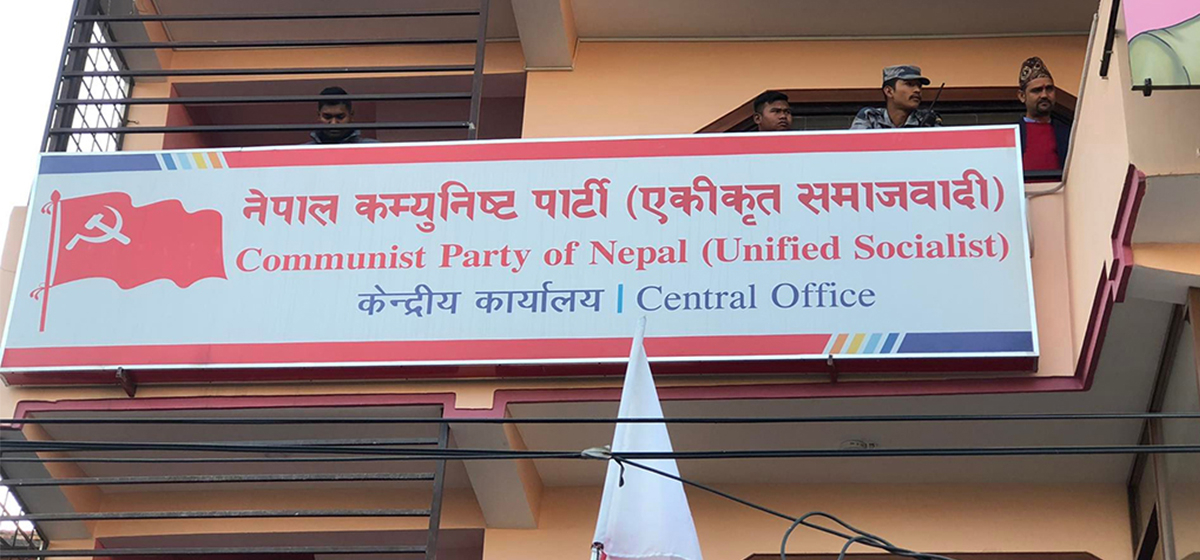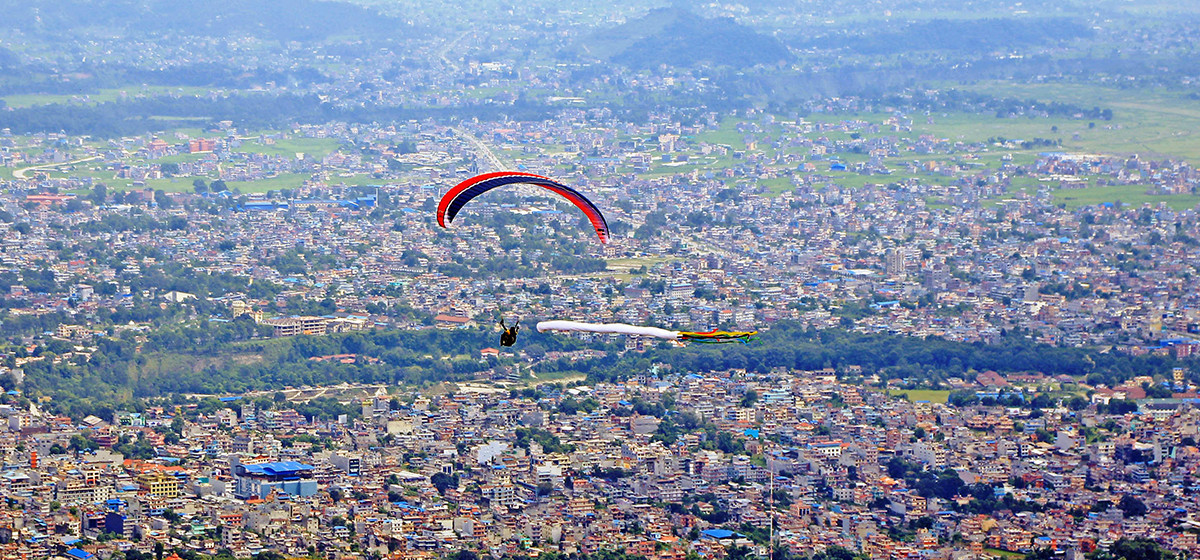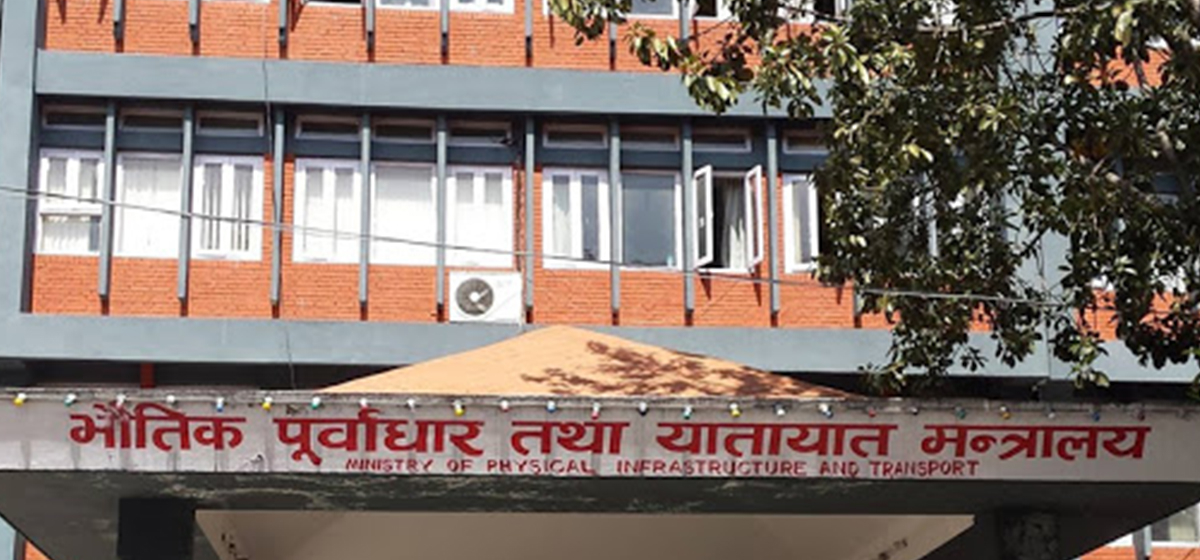
OR
As IC stocks fall, NRB counters to exchange only up to IRs 2,000
Published On: November 26, 2016 10:09 AM NPT By: Republica | @RepublicaNepal
KATHMANDU, Nov 25: With cash stock of Indian currency with the Nepal Rastra Bank (NRB) plunging in the wake of a ban on Rs 500 and Rs 1,000-denominated Indian currency banknotes carried out by India, the NRB has reduced the limit on Indian banknotes provided from its counters to individuals who seek their exchange services before going to India.
The central bank provides Indian banknotes for an exchange with Nepali currency from several of its counters, including from those in its Thapathali office in Kathmandu, to the public who need it for travelling to India.
Janak Bahadur Adhikari, the executive director at the Banking Office NRB, told Republica that it had decided to lower the upper limit of providing exchange of Indian currency to the public in view of its dwindling stock of the Indian banknotes.
According to the new arrangement that the NRB enforced from Thursday, the general public will buy Indian currency of up to Rs 2,000 Indian after furnishing an identity card, down from Rs 5,000 Indian currencies in earlier days.
However, those with urgent requirement -- for example those who are going to India for medical treatment or a pilgrimage -- will get to exchange up to 10,000 Indian rupees. Earlier, such people used to get up to 25,000 Indian rupees.
Medical patients who need more will have to present documents from their doctor or hospital and may get to exchange up to Rs 25,000 Indian, down from the Rs 50,000 Indian that the central bank’s counters used to provide them in similar circumstances earlier days. The central bank has stopped allowing money-changers to provide such exchange services.
The new limit for the exchange service of Indian banknotes comes at a time when NRB’s stock of Indian currency is plummeting. The Reserve Bank of India has already stopped providing cash to Nepal following the decision of the Indian government to demonetize Rs 500 and Rs 1,000 denominated banknotes.
“RBI has said it will give its decision only in January on when it can provide us the cash. It is still not certain when we will be getting new Indian banknotes. So we decided to reduce the limit as we have to manage with whatever stock we have until the new tranche of Indian banknotes arrive,” Adhikari added.
NRB maintains an account at RBI on Indian currency and the Indian central bank provides cash to NRB by debiting its account, according to the officials of NRB.
Adhikari also said that people having debit cards do not need to worry in India while travelling as they can make payments through the card. “Medical patients and students can make transfers directly from the bank or they can carry a draft to make payments there. For others traveling to for other purpose, there are point-of-sale terminals almost everywhere in India -- from small retailers to big malls -- to buy anything or to make payment,” Adhikari said.
You May Like This

Indian held for duping Nepali with IC exchange promise
KATHMANDU, Nov 22: Metropolitan Police Crime Division, Teku on Monday arrested an Indian national in the charge of duping a Nepali... Read More...

Dahal asks Modi for IC exchange facility
KATHMANDU, Nov 15: Prime Minister Pushpa Kamal Dahal has made a phone call to Indian Prime Minister Narendra Modi, requesting him... Read More...

NRB may seek proof of earning for exchange
KATHMANDU, Nov 12: Nepal Rastra Bank (NRB) officials have said that they may ask people having 1,000 and 500 Indian rupee... Read More...
Just In
- CPN (Unified Socialist) to hold its Central Committee meeting on May 10-11
- Over 16,000 paragliding flights conducted in one year in Pokhara
- MoPIT prepares draft of National Road Safety Act, proposes rescue within an hour of an accident
- Light rainfall likely in hilly areas of Koshi, Bagmati, Gandaki and Karnali provinces
- Customs revenue collection surpasses target at Tatopani border, Falls behind at Rasuwagadhi border in Q3
- Rain shocks: On the monsoon in 2024
- Govt receives 1,658 proposals for startup loans; Minimum of 50 points required for eligibility
- Unified Socialist leader Sodari appointed Sudurpaschim CM



















Leave A Comment